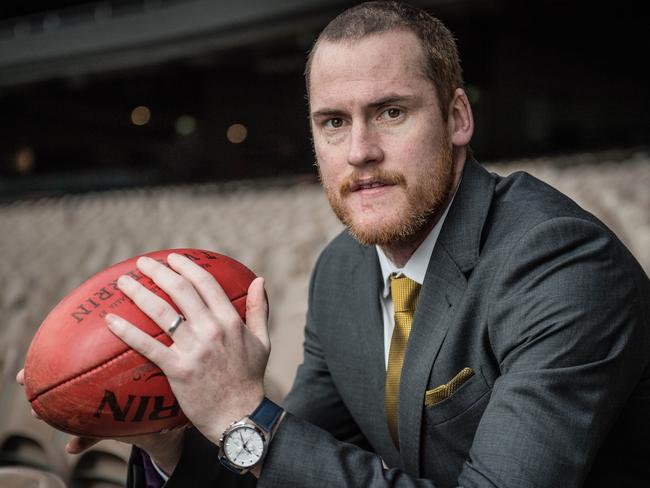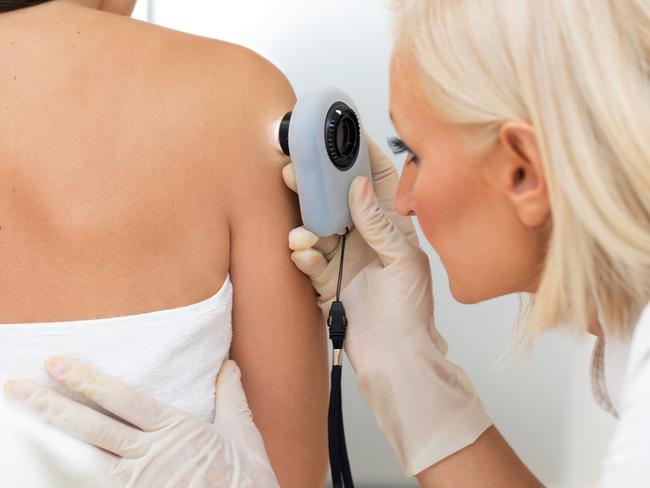World first trial to identify skin cancers on the spot
A WORLD-first Melbourne trial will test artificial intelligence against skin cancer specialists in the race to save lives and identify dangerous skin cancers faster.
VIC News
Don't miss out on the headlines from VIC News. Followed categories will be added to My News.
COMPUTERS will be pitted against Melbourne skin cancer specialists in a promising sign artificial intelligence will soon be able to more quickly and accurately diagnose melanomas.
The world first Monash University study will see artificial intelligence used in specialist clinics to scan photos of patients’ skin to diagnose skin cancer and detect dangerous patterns that may escape the human eye.
If successful, the complex computer system could be rolled out to GP clinics so doctors can accurately identify dangerous skin cancers sooner or prevent patients needlessly having harmless lesions cut out.
WONDER DRUG STUNS DOCTORS BY WHACKING SKIN CANCER
BLASÉ VICTORIANS RUN SKIN CANCER GAUNTLET
MELBOURNE FIRM DEVELOPS BLOOD TEST FOR SKIN CANCER

Dr Victoria Mar said millions of images of malignant and benign lesions have been fed into the system’s algorithm, which it uses to identify patterns and compare to new patient images when asked to make a diagnosis.
“It takes humans years and years to get that experience with thousands of lesions in a clinic — it takes the computer a very short period of time to analyse literally millions of lesions,” Dr Mar said.
“It will look for specific patterns within the mole that humans look for as well, but the computer might be able to see within time that we can’t perceive particularly well.
“It may be able to discriminate very subtle changes much earlier than we are able to.”
Excitement at the potential for artificial intelligence built in recent years when two overseas trials proved algorithms could detect melanomas from photographs more accurately than dermatologists analysing the same images.
However, the Melbourne trial — which has been backed by a $100,000 Andrews Government grant — will be the first time a computer is tested in a clinical setting where specialists examine real patients rather than photos.

Hundreds of patients are expected to take part in the trial at the Alfred Hospital’s Victorian Melanoma Service as well as the Cancer Council.
“It is quite different to looking at a patient in a clinical setting, where we can take a history, look at the lesion, look at other lesions that are around it and seeing if they are similar or different,” Dr Mar said.
“The number of benign lesions excised for every melanoma found varies between two or three in a specialist setting, to 30 or 40 for doctors that are not so familiar.
“We always like to be safe so we err on the cautious side, but hopefully this will give us a lot of support to reduce unnecessary excisions and get better diagnosis of melanoma.”
The artificial intelligence trial is one of 30 cutting edge projects last week awarded funding under the Andrew’s Government’s $3 million Victorian Medical Research Acceleration Fund.
“We know that close to a million Australians will be treated for skin cancer this year — and improving diagnosis will undoubtedly save lives,” Health Minister Jill Hennessy said.
“This technology will help health professionals like GPs recognise skin cancers quicker and more accurately — saving clinic time, money, and freeing up specialists to treat cancers and save lives.”


